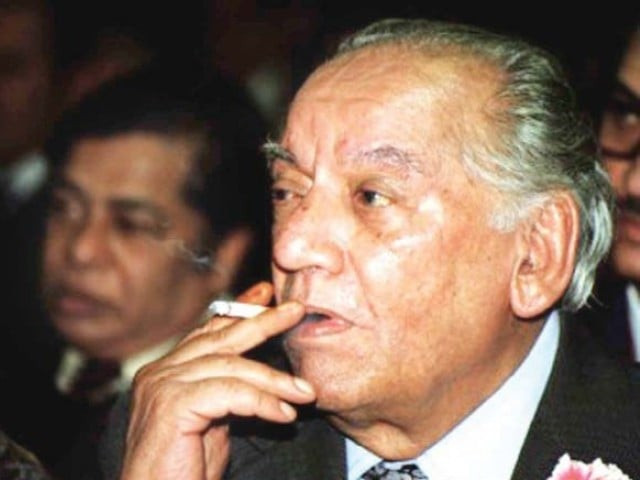Celebrating Faiz
Faiz Ahmed Faiz was more than just a workers’ activist.

At his 103rd birth anniversary, which is being observed today, it is important to regard Faiz as, largely, a literary figure as opposed to a categorically political one. PHOTO: FILE
But Faiz Ahmed Faiz was more than just a workers’ activist. He has been equally dear to every stratum of society. The Persianised phraseology of his verses is admired by the educated in literary circles of the bourgeoisie, while the utilitarian interpretations are treasured by the proletariat. Thus, the very consumption of Faiz’s poetry has served to thaw a lingering class conflict. Unfortunately, some of Faiz’s best works remain largely ignored simple because they were devoid of political undertones. The free verse poem Manzar and the nazm Yun saja chand are some examples of poetry which mirror Faiz’s aesthetic genius like none other of his works, but are not as firmly rooted in public memory as Aaj bazaar mein or Hum dekhain ge — the latter two being replete with political imagery of ‘tossing thrones’ and ‘walking through bazaars in shackles’. There is thus a need to break free of reductionist approaches while reading Faiz. Here’s hoping that this anniversary will flash a spotlight to the many facets of this great poet.
Published in The Express Tribune, February 13th, 2014.
Like Opinion & Editorial on Facebook, follow @ETOpEd on Twitter to receive all updates on all our daily pieces.














COMMENTS
Comments are moderated and generally will be posted if they are on-topic and not abusive.
For more information, please see our Comments FAQ